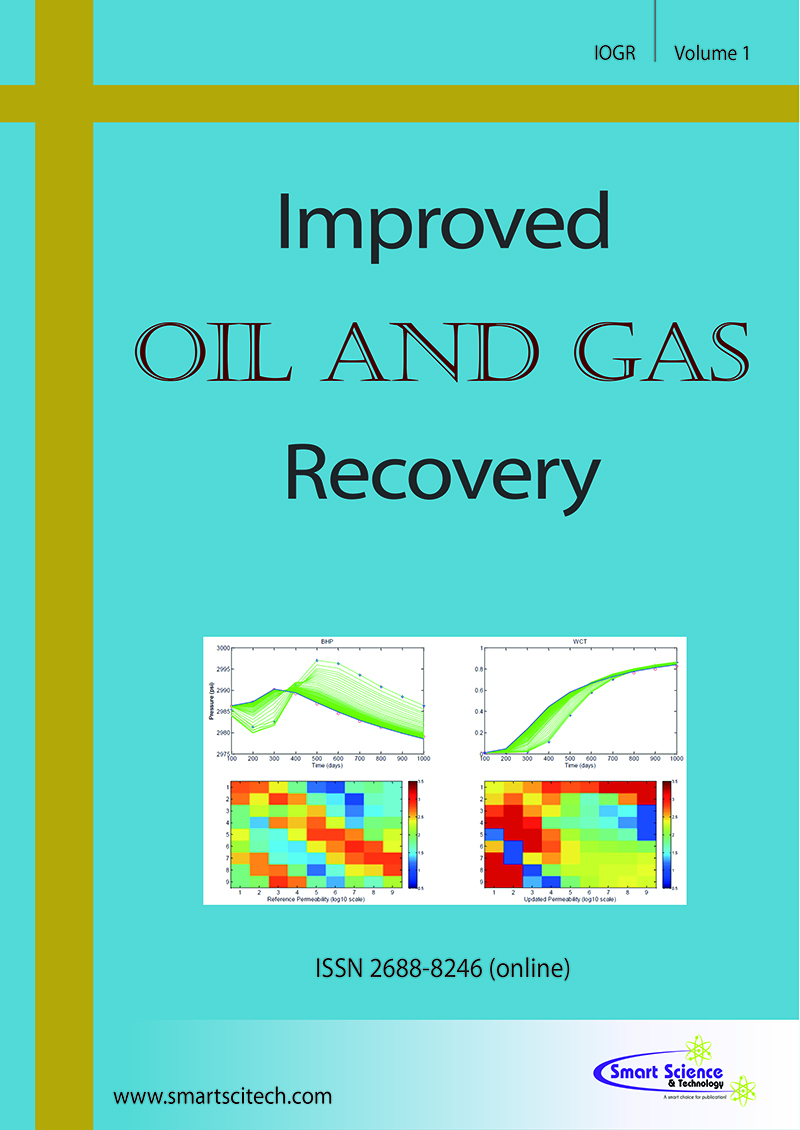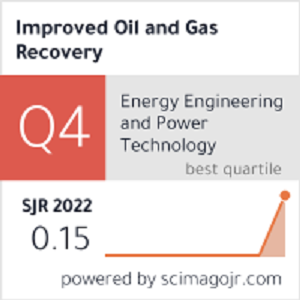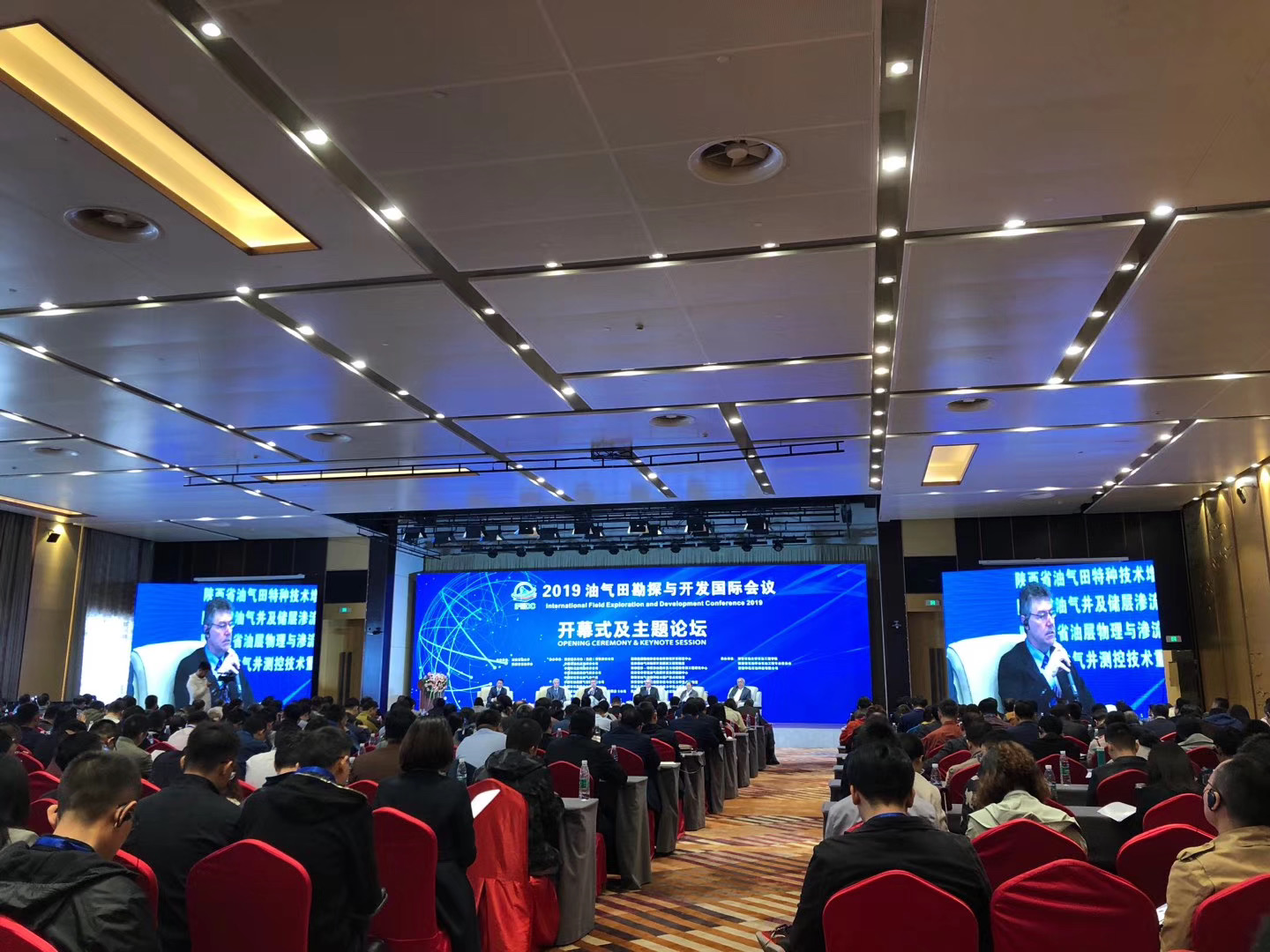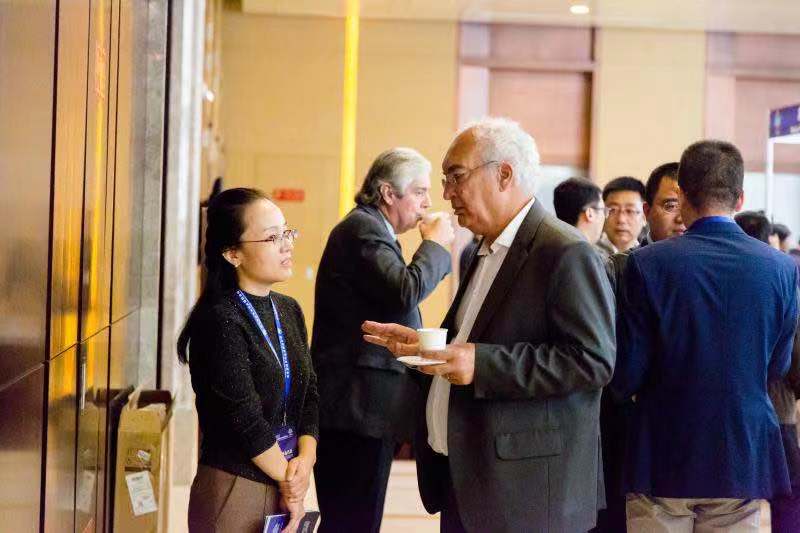Optimization of Flowback Operations for Shale Gas Wells
DOI: 10.14800/IOGR.1185
Abstract
Hydraulic fracturing has become one of the most important aspects of well completion because of the ever-increasing development of unconventional oil and gas reservoirs. Uncontrolled fluid flowback after the fracture treatment has the potential to impact well productivity and profitability, as aggressive flowback strategies can damage a well’s completion while conservative flowback procedures may hinder near-term economic performance.
The goal of this study was to develop an integrated flowback model of fracturing fluid that can accelerate production while minimizing the risk of a decrease in the estimated ultimate recovery or a damage to the productivity of the well. First, by considering the complex situations occurring during fracturing fluid flowback, a fluid-solid coupling numerical model corresponding to fracture closure was established and solved with the finite-element method. A proppant transport model was established to investigate the time and displacement of proppant migration within the fracture. Fluid velocity in the fracture created as a result of flowback was considered, along with its effects on proppant movement and localized fracture closure. Finally, by integrating the two-phase tubing flow model, the proppant transport model, and the fluid-solid coupling model, an integrated reservoir-fracture-wellhead model was established, and the principles and methods for designing the flowback scheme were determined.
The work considered actual data and information on flowback in shale gas wells from the available literature, as well as our own experiences. The results reveal how choke management, or flowback strategies, can impact potential damage mechanisms in the reservoir, completion, and wellbore. The proposed model can provide optimum flowback design and therefore lead to maximized near-wellbore fracture conductivity and maximum-attainable conductive length in communication with the wellbore.
Downloads
Published
How to Cite
Issue
Section
License
Copyright (c) 2021 The Author(s)

This work is licensed under a Creative Commons Attribution 4.0 International License.












